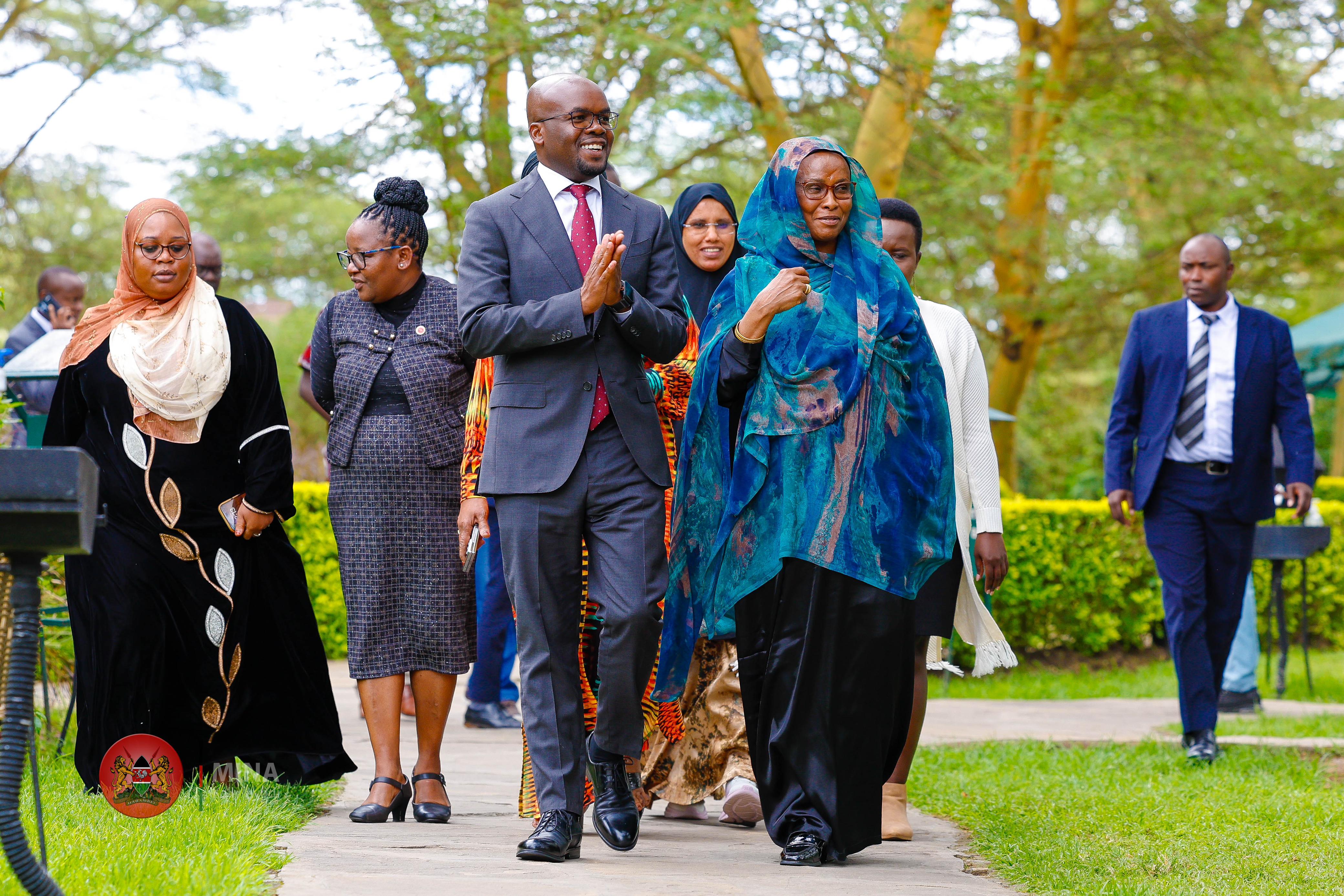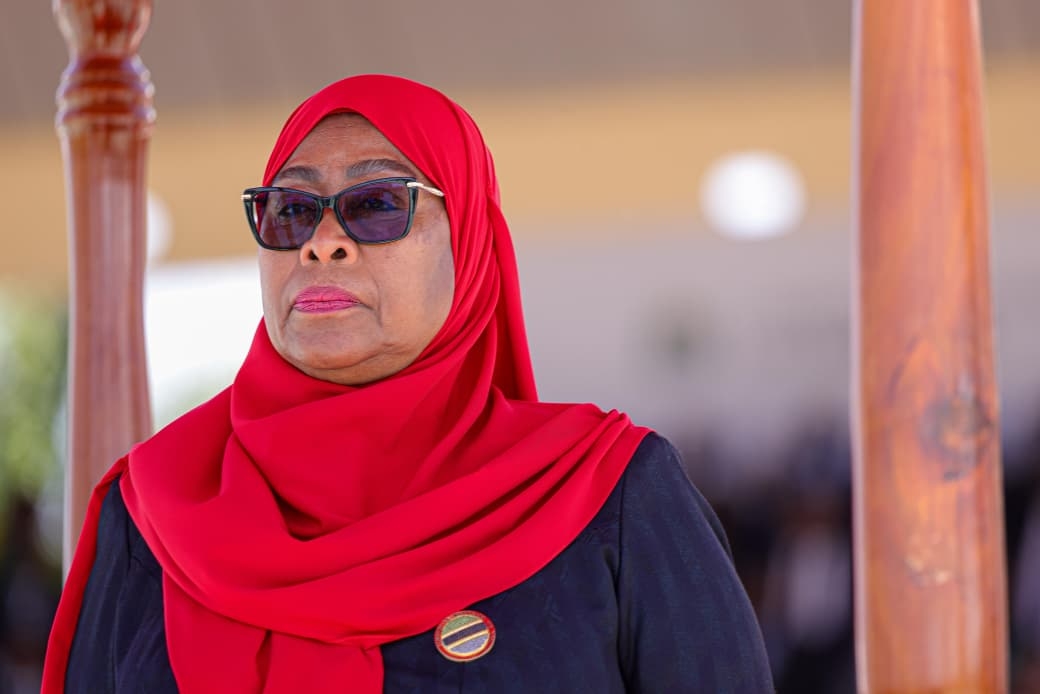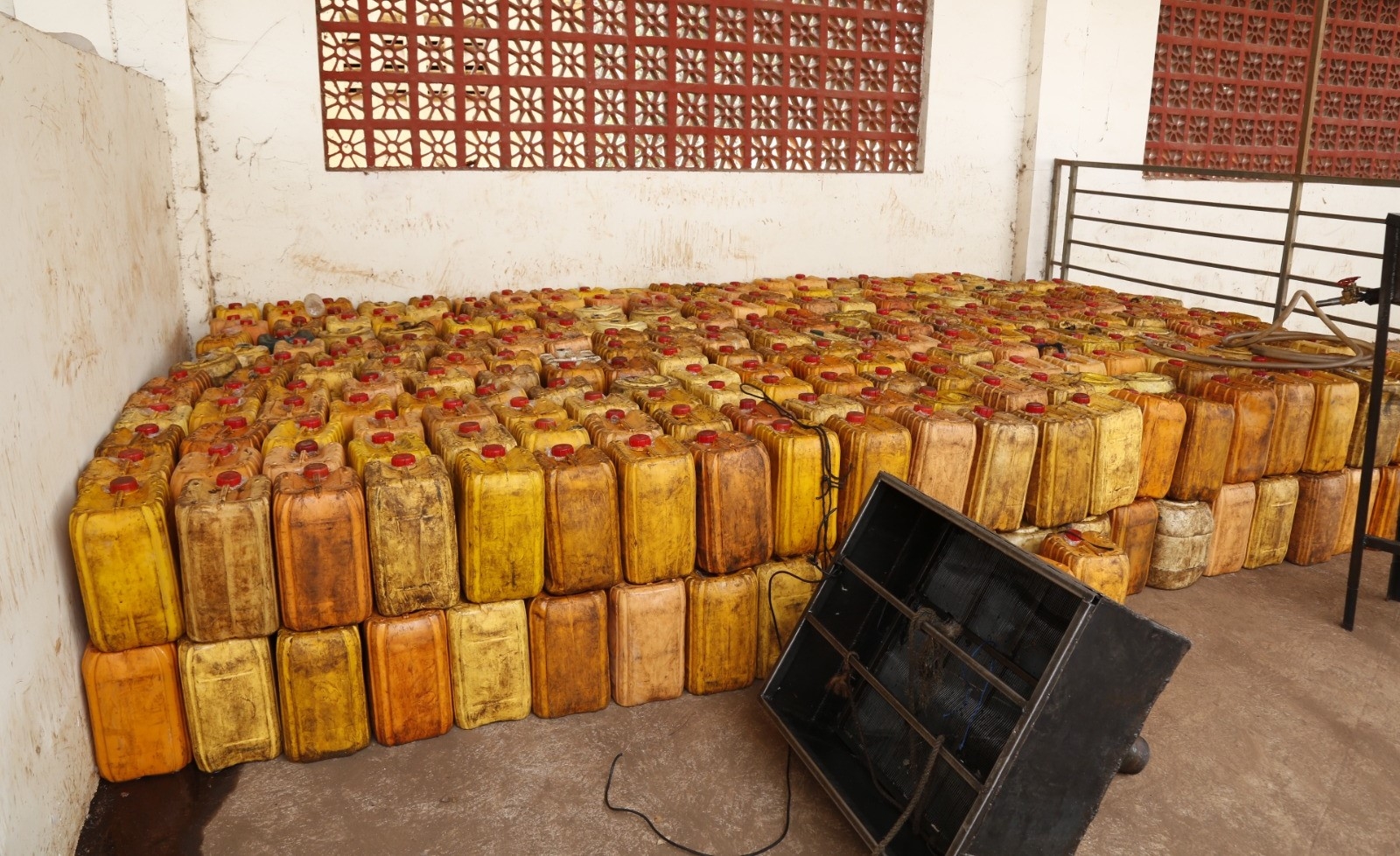

Kenya
reaffirmed its commitment to strengthening national security through the
Strategic Goods Control Bill, 2025, a comprehensive piece of legislation that
seeks to regulate the import, export, and transit.
The proposed
law will also ensure and use of goods and technologies that could be diverted
for the production of weapons of mass destruction.
Interior
Principal Secretary Dr. Raymond Omollo, who represented the Cabinet Secretary
for Kipchumba Murkomen, told a high-level awareness forum in Naivasha convened
by the Senate Standing Committees about the measures being taken.
The meeting
brought together key stakeholders, including Senators, senior government
officials, representatives from the Kenya Nuclear Regulatory Authority (KNRA),
and development partners such as the United States Embassy in Nairobi.
Omollo
described the Strategic Goods Control Bill as the culmination of more than a
decade of collaborative national and international efforts aimed at curbing the
threats posed by chemical, biological, radiological, and nuclear materials.
He explained
that the Bill is a vital step toward meeting Kenya’s international obligations
under key global treaties, including the Chemical Weapons Convention, the
Biological Weapons Convention, and the United Nations Security Council
Resolution 1540.
“The
proposed law is good for Kenya and region,” he said.
He said
Kenya’s strategic position as a regional trade and transit hub places a
significant responsibility on the country to ensure that its borders and
digital spaces are not exploited for illicit trafficking of sensitive
materials.
Omollo cited
past tragedies such as the 1998 U.S. Embassy bombing and the 2012 explosion on
Moi Avenue in Nairobi as painful reminders of what can happen when dangerous
materials fall into the wrong hands.
The Bill
proposes the establishment of a licensing system for handling strategic and
dual-use goods, enhanced regulation of brokers and intermediaries, including
those operating in digital spaces, and introduces strong enforcement mechanisms
with severe penalties for violations.
It also
covers digital transmissions such as software and technical data that could be
used in the development of WMDs, thereby aligning Kenya’s legal framework with
evolving threats in modern warfare and terrorism.
Omollo
stated that the passage of the Bill will not only reinforce national and
regional security but will also improve investor confidence and position Kenya
as a leader in strategic trade controls on the African continent, alongside
countries like South Africa and Morocco.
Kenya
Nuclear Regulatory Authority Director General, James Keter, emphasised that the
Bill will provide the necessary legal framework for overseeing all stages in
the lifecycle of strategic goods, from manufacturing and storage to export and
trans-shipment.
He explained
that the legislation will enable Kenya to fully operationalise UNSCR 1540 and
meet its international commitments.
He added
that dual-use goods, those with both civilian and military applications, are
becoming increasingly common due to technological advances, and the country
must stay ahead of the curve through robust laws.
Kenya has
already laid a legislative foundation through laws such as the Nuclear
Regulatory Act, the Pest Control Products Act, the Prevention of Terrorism Act,
the Environment Management and Coordination Act, and the Explosives Act.
The
Strategic Goods Control Bill is designed to complement and strengthen this
existing framework, while giving effect to Article 2(6) of the Constitution,
which incorporates ratified international treaties into Kenyan law.
Senator
Fatuma Dullo who is the Chairperson of the Senate Standing Committee on
National Security, Defence and Foreign Relations, welcomed the Bill and
stressed the urgency of its enactment.
She called for
clear timelines, staffing structures, and a coordinated implementation
strategy.
Dullo also
proposed deeper public participation, especially in Northern Kenya where
communities are often vulnerable to cross-border security threats.
She
emphasised the importance of ensuring that local populations understand the
purpose and protections offered by the proposed law.
Also
present were Senators Allan Chesang, Jackson Mandago, and Boy Juma, Chairs of
the ICT, Health, and Trade Committees respectively, alongside Carla Benini,
Acting Deputy Chief of Mission at the U.S. Embassy in Nairobi, and several
members of the Senate.
















